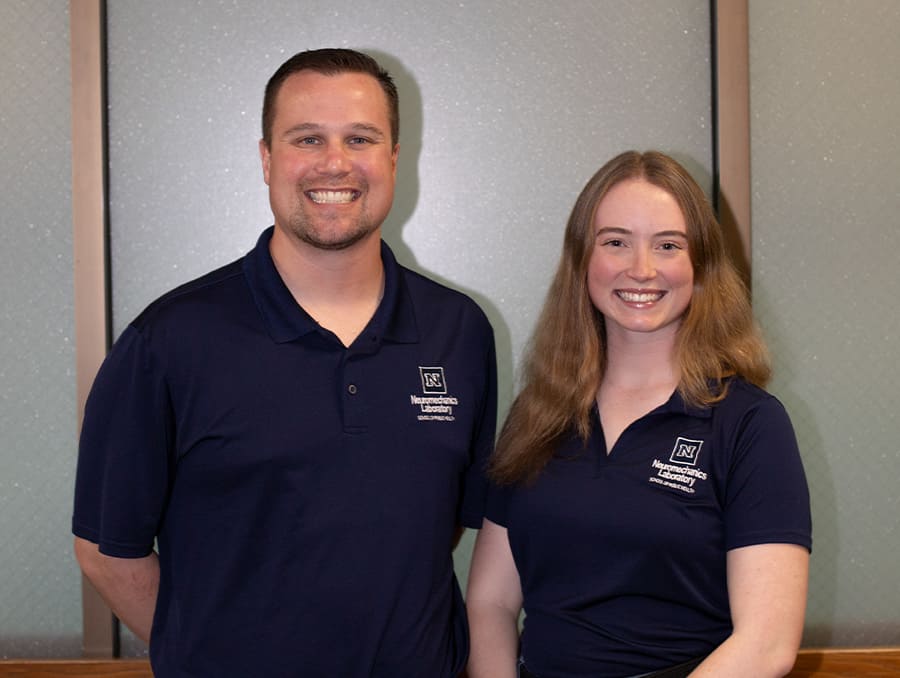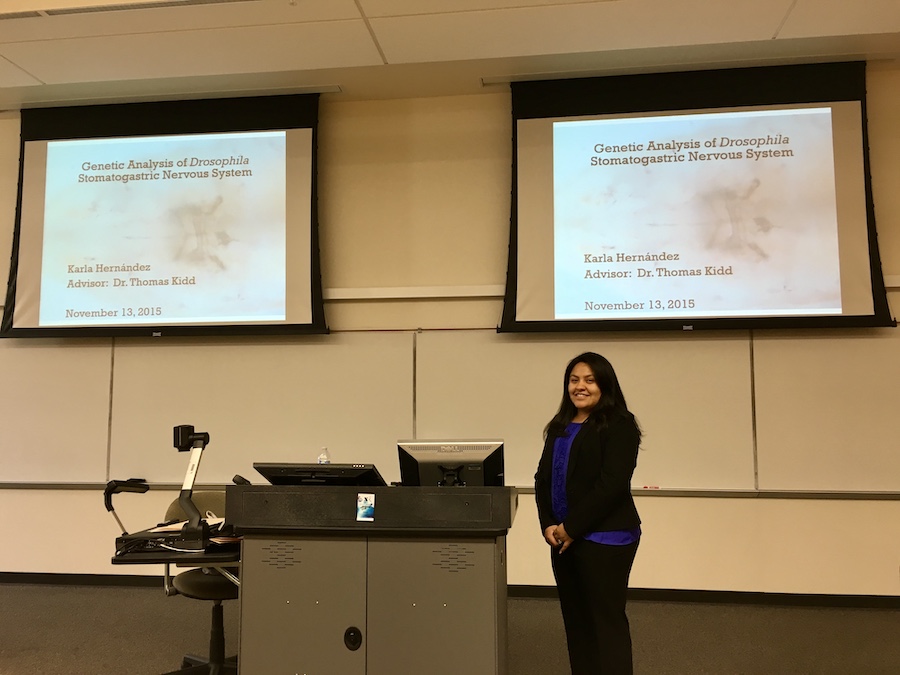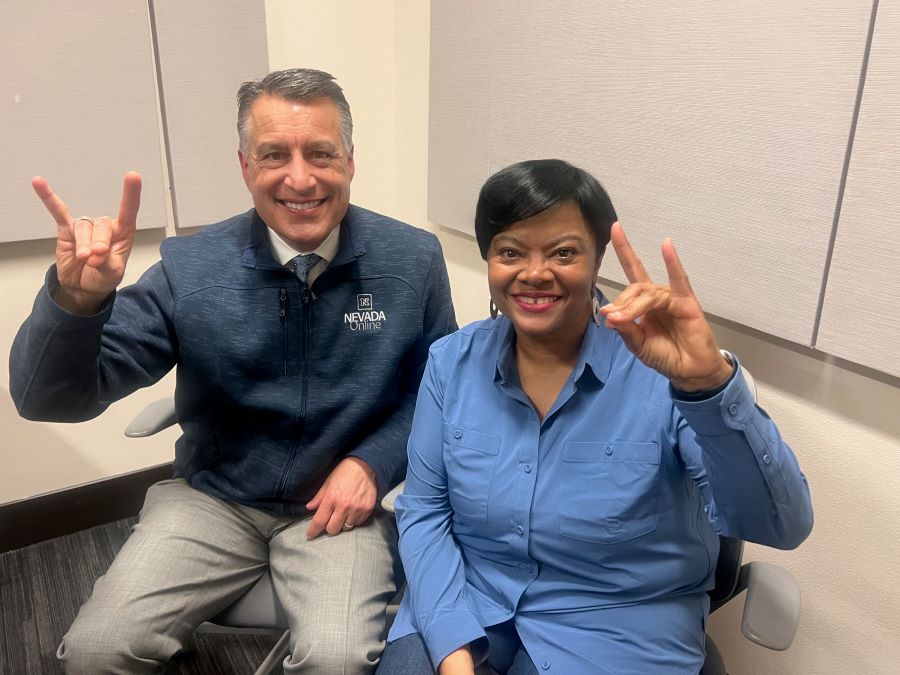For years, researchers have grappled with a key conceptual question regarding Muscular Dystrophy, which is a group of hereditary muscle diseases that weaken muscles that move the body.
The most common form of Muscular Dystrophy, Duchenne MD, is the most lethal genetic disease among children, according to the Centers for Disease Control and Prevention’s National Center on Birth Defects and Developmental Disabilities.
Should researchers, in tackling this health problem, focus on gene therapy to replace the faulty genes associated with the disease? Or should they instead turn their attention to IV drugs that would protect the muscles that are affected by the disease?
Recently, researchers at the University of Nevada, Reno discovered a potential drug for Duchenne MD. By using a protein that already exists in the human body, Dean Burkin, an associate professor of pharmacology in the University of Nevada School of Medicine, has found promising test results that could protect individuals from the severe muscle damage associated with Muscular Dystrophy.
Burkin’s work, which is funded by the National Institutes of Health, was recently featured on the website, ScienCentral. His work was published in the Proceedings of the National Academy of Sciences early online edition the week of April 20-24, as well as American Journal of Pathology, January 2009, edition.
Another accolade came earlier this month when the University learned that Burkin’s research will be featured in the 2010 Better World Report, which is part of the Better World Project. The Better World Report is a compendium of inspirational stories from academic research that positively impact quality of life. The Association of University Technology Managers, an international non-profit organization, launched the Better World Project in 2005 as a way to promote public understanding of how academic research and tech transfer benefits individuals, communities and people throughout the world.
The University of Nevada, Reno’s Technology Transfer Office has licensed the patent for laminin-111 to a Boston biotech company, Prothelia. Prothelia is preparing to make human version of the protein for further testing and clinical trials.
Burkin and his team tracked the protein laminin-111 and, working with laboratory mice, found that it was quickly picked up by the bloodstream. Laminin-111 then reach reached all the major muscle groups in the mice, which was an important finding, Burkin said. For patients diagnosed with Duchenne MD, major complications, including death, come from heart failure or breathing difficulties.
“That’s the big shocker of the study,” Burkin told ScienCentral. “It was a really exciting finding and actually almost unbelievable when we saw the result.”
Animals treated with laminin-111 did not show increased muscle damage, while untreated animals did.
Since laminin-111 is a naturally occurring protein that occurs in the body before birth, Burkin said there is a better likelihood that it would not be rejected by the human body.
“Theoretically, laminin-111 protein therapy should be able to treat all patients with Duchenne muscular dystrophy,” he said.
Prothelia’s founder, Brad Hodges, was a colleague of Burkin’s earlier in the two scientists’ careers. Hodges said laminin-111 is at the top of his company’s list for development.
“This could be an IV drug for the patients if the work in the mouse models that we’ve been using translates to human studies,” Burkin said. “These patients have been waiting a long time for therapies to come about and I think we’re at the cusp now.”











